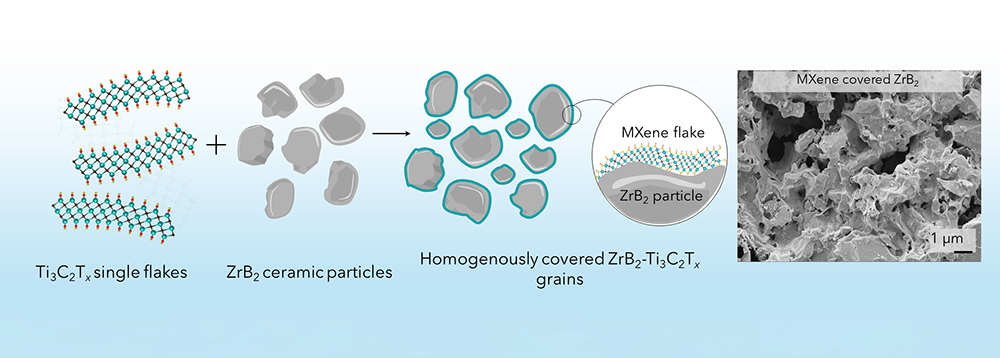A team of engineers at North Carolina State University has created a small chip that can hold 1TB of data. That’s over 50 times the capacity of today’s silicon-based chip.
Led by Jagdish “Jay” Narayan, director of the National Science Foundation Center for Advanced Materials and Smart Structures at NCSU, the team said that their nanostructured Ni-MgO system can store up to 20 high-definition DVDs or 250 million pages of text.
Working at the nanoscale, the engineers added metal nickel to magnesium oxide. The resulting material contained clusters of nickel atoms no bigger than 10 square nanometers. The discovery represents a 90 percent size reduction compared with today’s techniques, and an advancement that could boost computer storage capacity. Underlying this is the team’s discovery that under certain conditions the Ni-MgO system behaves as a perfect paramagnet.
“Instead of making a chip that stores 20 gigabytes, you have one that can handle one terabyte, or 50 times more data,” Narayan said.
This material might also open new doors for boosting vehicles’ fuel economy and reducing heat produced by semiconductors, with fuel economy potentially achieving 80 miles per gallon. The process would allow them to develop a new generation of ceramic engines able to withstand twice the temperatures of normal engines.
Narayan said that by using the process of selective doping, the engineers could introduce metallic properties into ceramics.
Selective doping also advances knowledge in the field of spintronics. The nanomaterial was manipulated so the electrons’ spin within the material could be controlled, which could prove valuable to harnessing the electrons’ energy. The ability could be important for engineers working to produce even more efficient semiconductors.
CTT Categories
- Electronics
- Energy
- Material Innovations
- Nanomaterials


